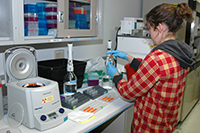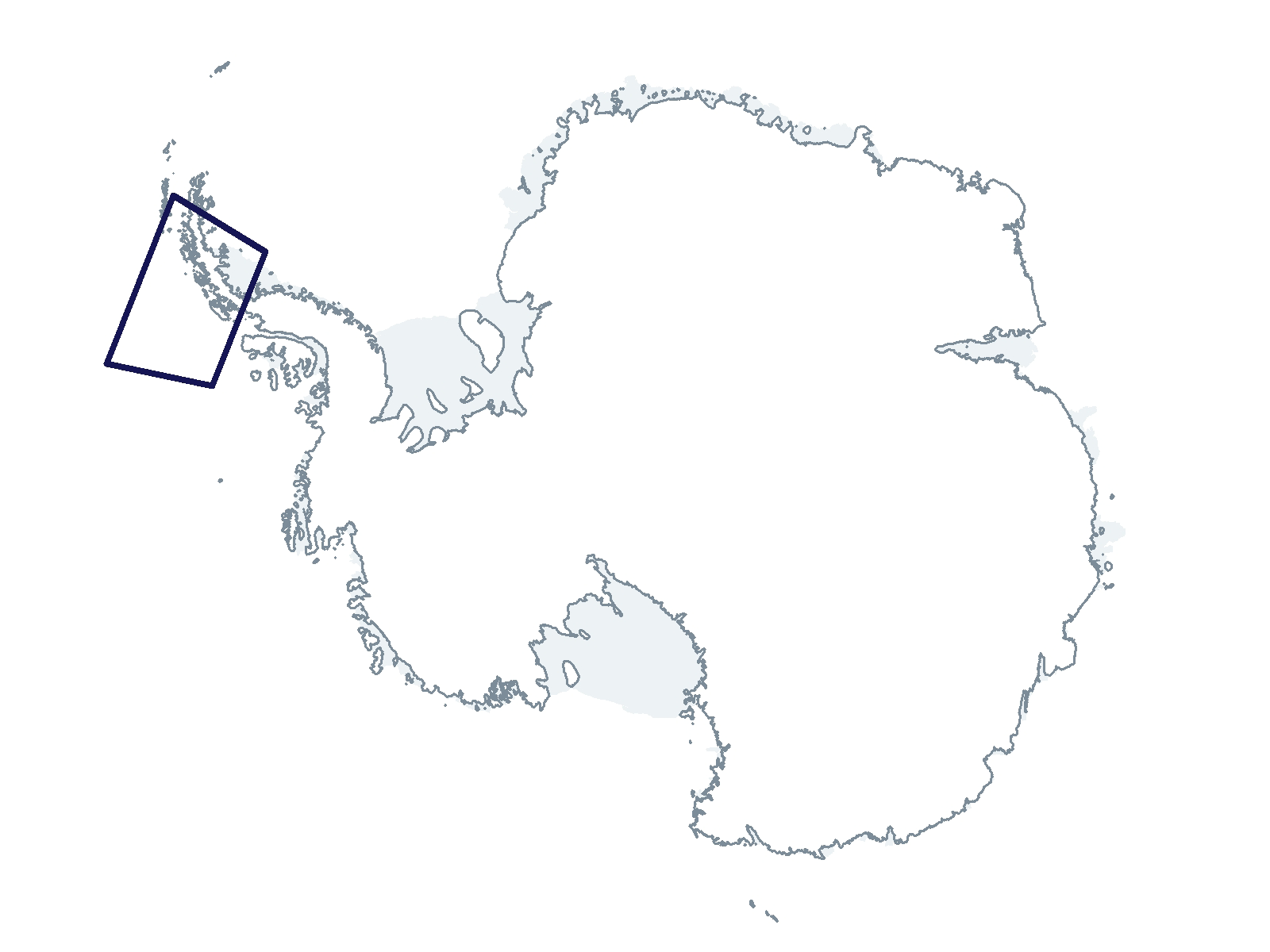2022-2023 USAP Field Season
Project Detail Project TitlePalmer, Antarctica Long-Term Ecological Research (LTER): land-shelf-ocean connectivity, and ecosystem resilience and transformation, in a sea-ice influenced pelagic ecosystem Summary
Event Number:
Program Director:
ASC POC/Implementer: Principal Investigator(s)
Mr. Carlos F Moffat
Project Web Site: Location
Supporting Stations: ARSV Laurence M. Gould DescriptionPalmer Long-Term Ecological Research (PAL-LTER) started in 1990 to address the hypothesis that the annual sea-ice cycle may be the major determinant of spatial/temporal changes in the structure and function of Antarctic marine communities. Research now includes bacteria, viruses, phytoplankton, krill, macrozooplankton, penguins, seabirds, and marine mammals. The PAL-LTER model traces the effects of changing climate and the extent, duration, and seasonality of sea ice on ecosystem composition and dynamics in the Western Antarctic Peninsula, where satellite observations over the past 35 years indicate the average duration of sea ice cover is now about 90 days shorter. Six collaborative projects on the ARSV Laurence M. Gould (LMG) cruise and at Palmer Station will use moorings, numerical modeling, oceanographic cruises, and environmental sampling to address core hypotheses. Field Season OverviewThe sampling region extends from Palmer Station south to Charcot Island and from onshore to the continental shelf break adjacent to the Antarctic Circumpolar Current. It also includes stations spanning from King George Island to Palmer Station. Ecological and biogeochemical processes are studied by combining the ship and zodiac measurements with data collected from drifting sediment traps and physical oceanographic moorings to expand sampling capabilities in space and time. They will deploy autonomous gliders. Researchers will conduct several two to three day Process Studies in selected areas to study key processes in greater detail than possible at the regular grids stations. They will collaborate with Steinberg (C-020-L) for basic support and Moffat (O-263-L) to deploy the gliders off Adelaide Island during the PAL-LTER cruise. Deploying Team Members
|
2022-2023 Science Planning Summary



For USAP Participants |
For The Public |
For Researchers and EducatorsContact UsU.S. National Science FoundationOffice of Polar Programs Geosciences Directorate 2415 Eisenhower Avenue, Suite W7100 Alexandria, VA 22314 Sign up for the NSF Office of Polar Programs newsletter and events. Feedback Form |



